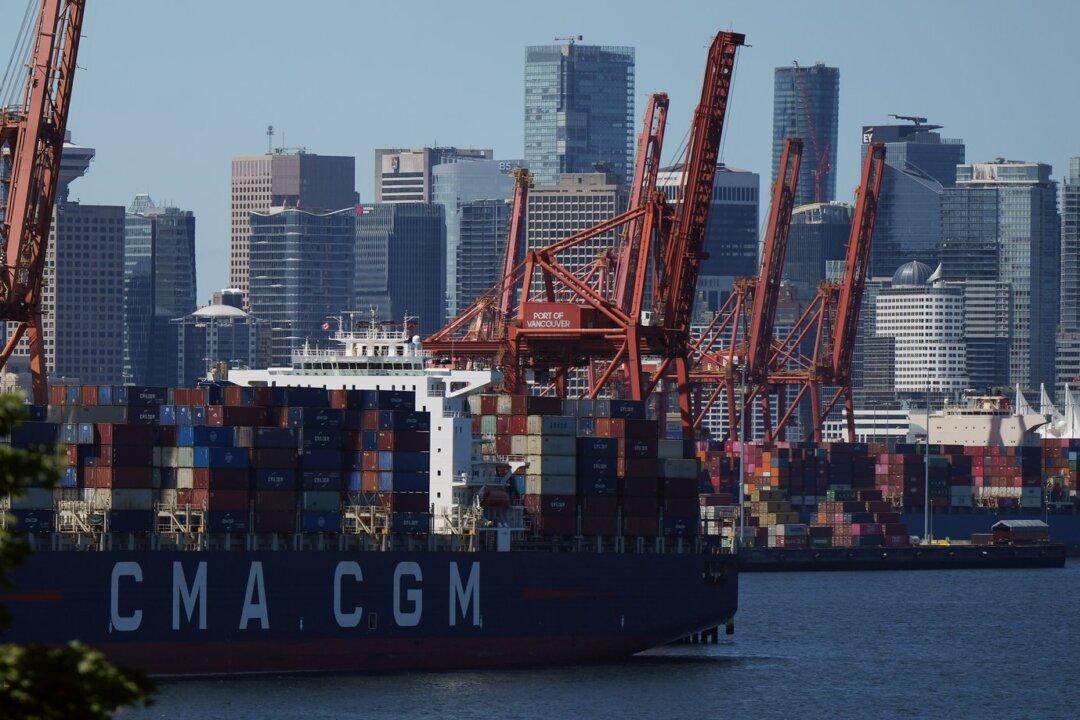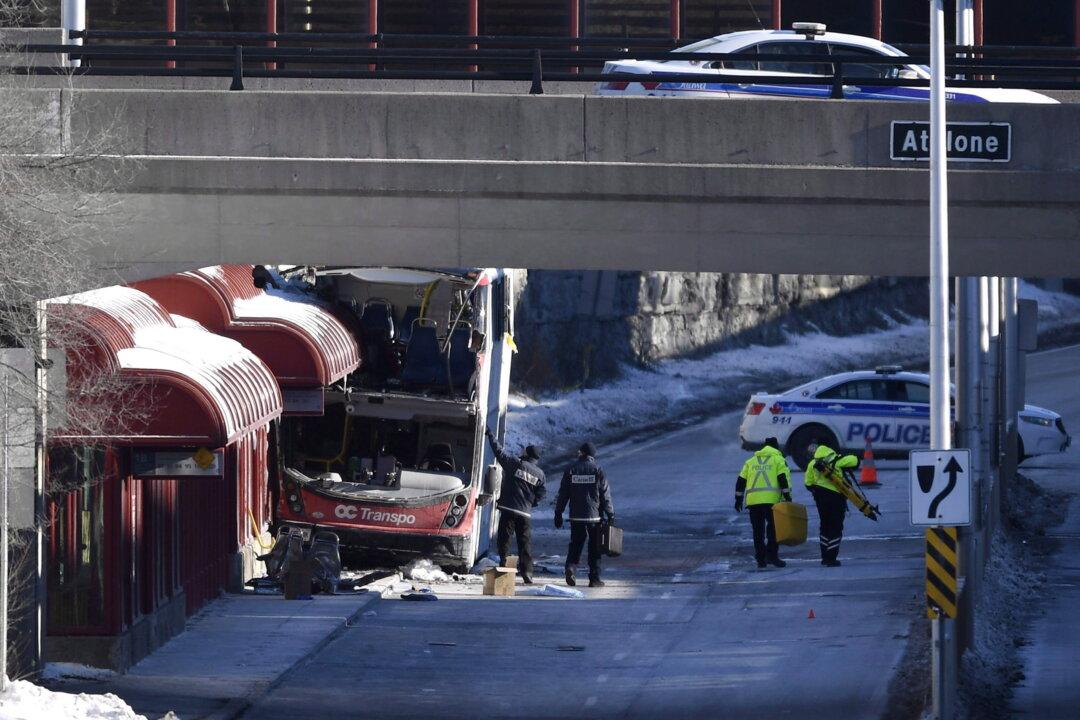Port workers in British Columbia have voted to reject a mediated contract offer, extending job action that prevented billions in goods from moving for almost two weeks earlier this month.
In a letter posted on the union’s website, International Longshore and Warehouse Union Canada President Rob Ashton says workers are now calling on their employers to “come to the table” and negotiate directly, instead of doing so through the BC Maritime Employers Association.





